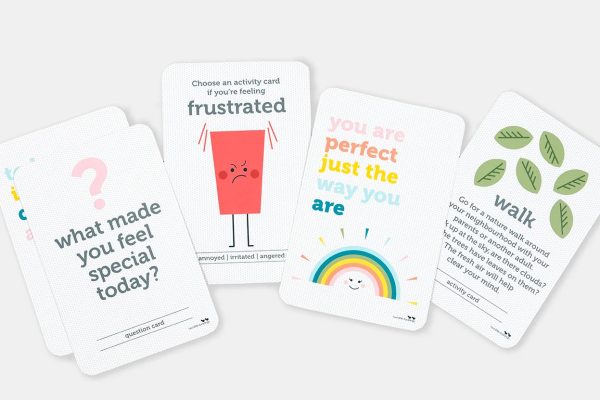
Learning to be your child’s best advocate
There will be times throughout your child’s life when you will feel the need to step in and advocate on their behalf.
As parents of children with disabilities, we get quite used to speaking up on their behalf; making (seemingly) simple requests of school, therapists, etc, but sometimes the advocacy needs to be more formal to address complex challenges or access specific resources and support. Whether it’s ensuring the right accommodations at school, securing vital healthcare services, or fighting for equal opportunities in various aspects of life, advocacy becomes a critical tool in our arsenal to guarantee our child’s well-being and future prospects.
The thought of needing to advocate can be daunting so our friends at Kiind (Kiind.com.au) have put together some steps you can take to help stay focussed on the task at hand.
ARTICULATE THE ISSUE
Make sure you fully understand the issue and are able to clearly articulate it to your intended audience.
BE CLEAR ABOUT WHAT YOU WANT
Think carefully about what you want for your child. Gather as much information as you can to make an informed decision and if you belong to a peer support group such as the Kiind Families Facebook Network (kiind.com.au/join-kiind-families- facebook-network), it may be helpful to seek the opinions of others in similar situations. It’s important, however, to keep an open mind because there may be solutions that you haven’t yet considered.
PRESENT A SOLUTION, NOT A PROBLEM!
Presenting a solution is a faster and more effective method of reaching an acceptable conclusion.
KNOW YOUR CHILD’S RIGHTS
This will save you hours of frustration having to reiterate your concerns to different people. You’ll also be a more confident and effective advocate if you know your child’s rights and the rules of the system within which you’re operating. Familiarise yourself with the medical support to which your child is entitled, State education laws, relevant policies and procedures as appropriate to the situation.
If you are based in WA, you can find relevant legislation regarding your child’s rights under the ‘Be heard’ (kiind.com.au/be-heard ) section of the Kiind website.
BE PREPARED
Prepare for meetings and take a list of questions. Keep a timeline of activity with names of who you spoke to, together with emails and phone calls and a written record of meeting outcomes. This is important and could save you lots of heartache and frustration, particularly if you need to reiterate the situation to many people or the person making the decisions leaves and is replaced by someone else.
STAY CALM
Staying calm and polite is likely to facilitate a more productive discussion. If you’re struggling to stay calm, ask for a moment so you can calm down and gather your thoughts. If this doesn’t work, you could ask for a short break, or stop the meeting and arrange another appointment.
GET SUPPORT
Speaking to other parents who’ve had similar experiences or joining a support group can help you with useful information and emotional support.
If you’re based in WA and need help to navigate advocating for your child, you can speak with one of Kiind’s knowledgeable Peer Navigators for practical guidance, information and support on tel: (08) 6164 9806 or email: [email protected]






